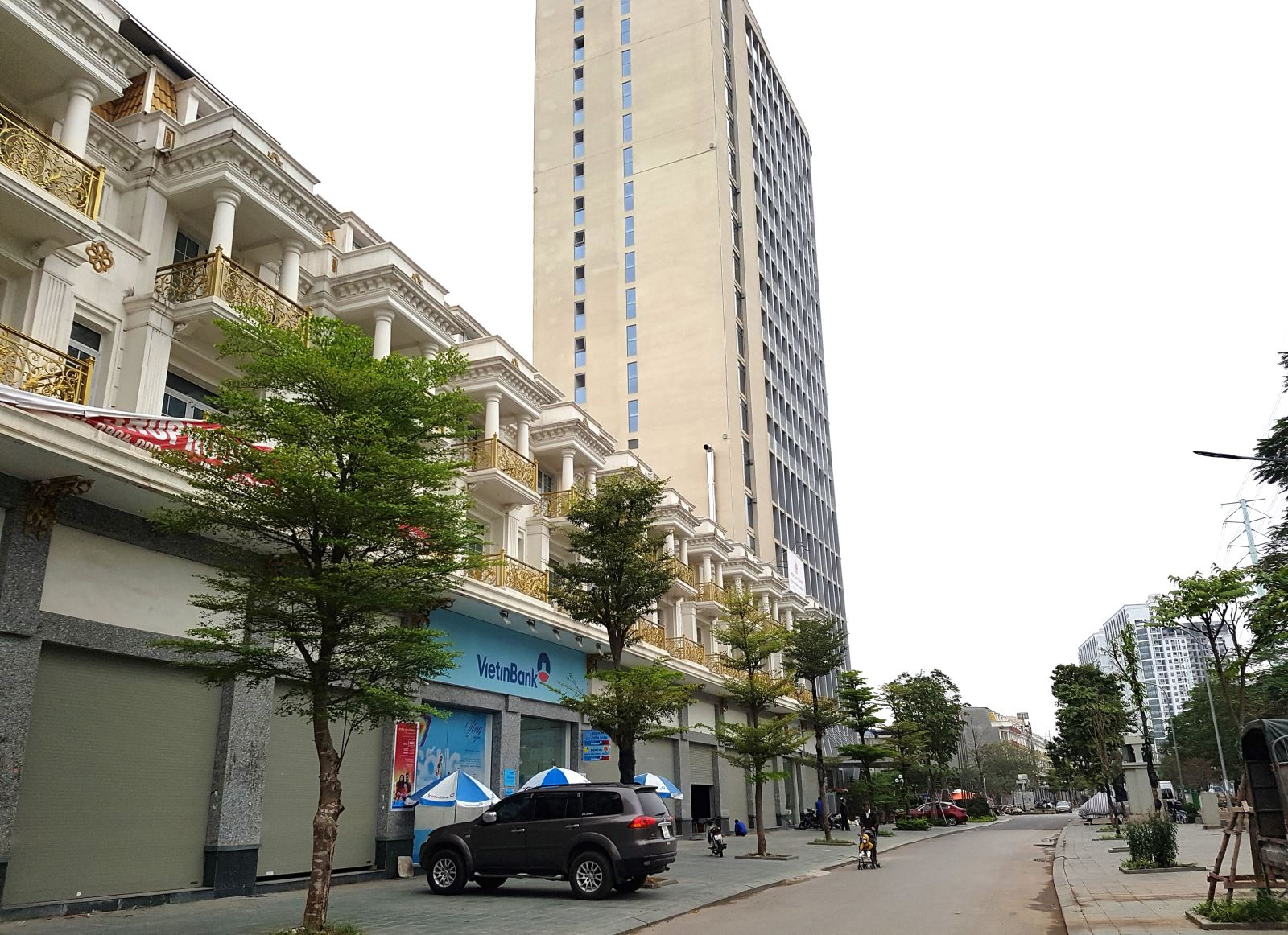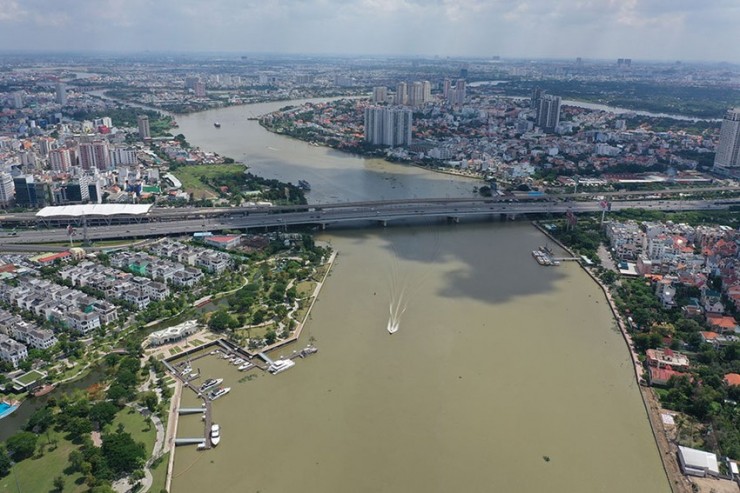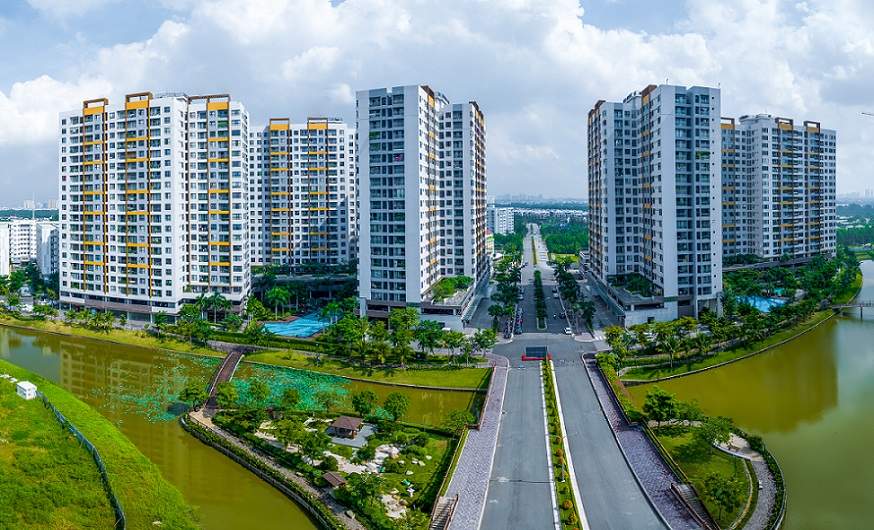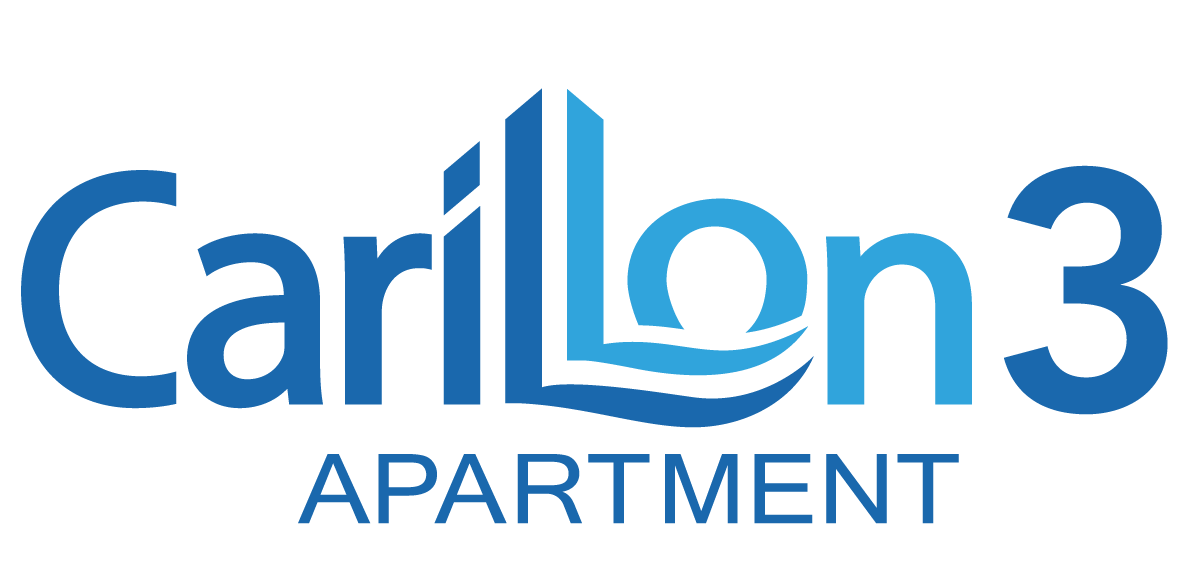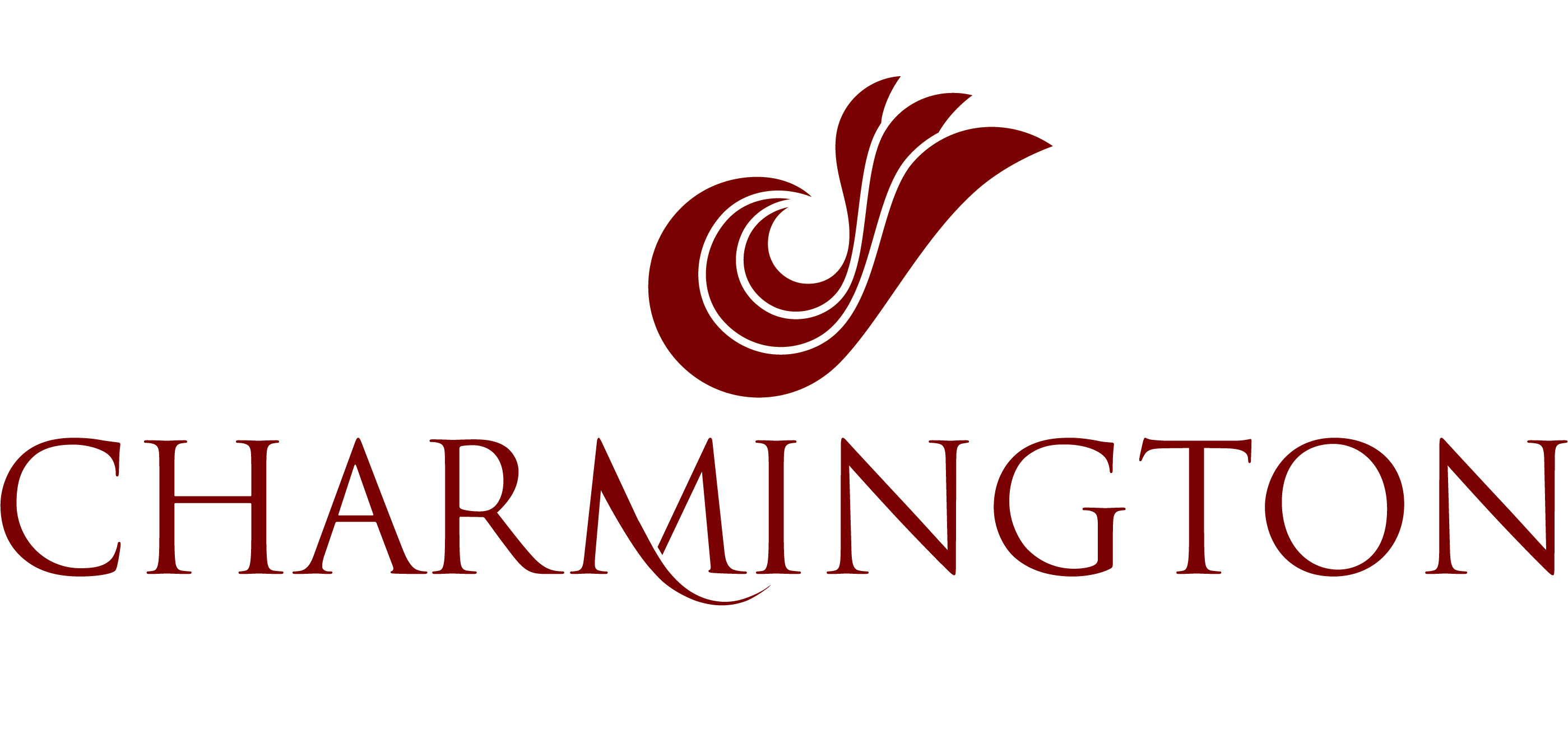Young Investors with Over One Billion VND: Should They Invest in Land or Apartments?
A real estate expert advises that if you're confident in your ability to verify zoning and legal regulations, you can consider buying land. Otherwise, it's worth contemplating apartments and securing additional funding.
I am a young professional with savings of 1.3 billion VND. After deducting expenses, my monthly income is around 20-30 million VND. I am currently unmarried and live with my parents in Ho Chi Minh City.
Given my financial situation, should I invest in land or consider buying an apartment that will be developed in the future?
Expert Advice:
You find yourself at a crossroads, debating whether to purchase land (residential land) or invest in an apartment that will be developed in the future. I'd like to outline the advantages and disadvantages of these two choices across several aspects.
Firstly, let's talk about expected profit performance. Typically, when the real estate market isn't suffering from poor liquidity or stagnation, the period just before taking possession of an apartment offers the most significant returns for buyers. During this phase, right after the construction is completed or when you receive the unit, you can expect to earn a profit ranging from 25-50% of the total amount paid to the developer.
For those who hold apartments for less than 3 years (counted from the time of possession to selling), the annual price increase can be around 10%. If you hold the apartment for less than 6 years, you can expect an annual price increase of approximately 8%. Additionally, apartments can generate rental income with a yield of about 4-6% per year (yield calculated based on the rental income divided by the property's value).
However, it's important to note that after 6 years from the date of possession, the rate of price increase for apartments tends to plateau, and it experiences minimal growth over the subsequent years. These statistics are based on apartments with values of 4-5 billion VND or lower. For apartments with higher values, the percentage increases mentioned above may be lower.
On the other hand, regarding residential land, the rate of price growth usually increases steadily over the years. However, the annual price increase for residential land in central Ho Chi Minh City typically averages around 8-9%, while it can reach 10-12% for land in the suburban areas and even up to 15% for land in more distant provinces.
Concerning legal matters and project progress, the most significant risk you'll face with future development apartments is that the developer might not complete the project as scheduled. Therefore, the timing of possession could be delayed or, even worse, the project might encounter issues that prevent it from moving forward, potentially tying up your investment for an extended period.
Furthermore, some future development apartments may face legal issues related to the developer's land use rights, homeownership rights, and other property-related assets (title deed). All of these factors can affect your investment plans and profitability.
For residential land, you'll need to invest more time, effort, and money into verifying the legal situation, zoning regulations, and potential disputes associated with a particular piece of land, especially if it's located in provinces far from Ho Chi Minh City. This can be a challenging aspect for individuals with limited real estate experience.
Regarding liquidity, both options, even during periods of market stagnation, tend to maintain relatively favorable liquidity levels. In fact, the liquidity of apartments (with legal titles) may be slightly better than that of suburban residential land near Ho Chi Minh City. If you choose to invest in land in more distant provinces, liquidity can be lower, and it may take longer for your investment to reach the expected profitability.
Finally, let's consider leveraging financial resources through bank loans. Given your current savings, purchasing a future development apartment in Ho Chi Minh City would likely require you to secure a bank loan. In this case, your current monthly savings are entirely suitable. However, you will need to select from banks that are partnered with the project, and sometimes the interest rates or loan conditions may not align perfectly with your criteria.
Conversely, if you opt for residential land, you may have the choice to purchase land without the need for a bank loan, especially if you're considering land in more distant provinces. However, if you prefer land in Ho Chi Minh City or choose to invest in higher-value land, you may need a bank loan. The advantage here is that you can select banks with favorable interest rates and loan conditions, as long as the bank you choose has a branch near the land you intend to purchase.
In conclusion, you can consider purchasing a future development apartment if you're prepared to accept certain challenges. These include the risk of your investment being tied up for an extended period if the project faces delays or issues, maintaining stable long-term debt repayment capability, planning for future capital needs, and not having too much time to dedicate to researching legal matters, zoning regulations, etc., or finding suitable land for investment.
Conversely, if you're confident in your ability to find suitable land, assess property values, and navigate zoning regulations and legal matters, and you don't require additional monthly cash flow, then investing in residential land may be the more suitable choice for you.
Source: VnExpress

